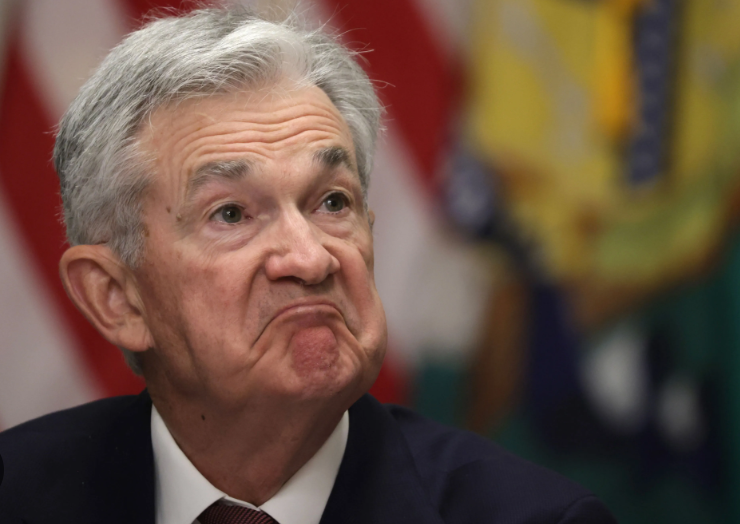$STOXX $CAC40 #EuropeanMarkets #FedTension #BudgetDispute #GlobalInvestors #MarketTrends #FinancialNews #EconomicImpact #StockMarket #InvestmentStrategies #MarketAnalysis
Will Trump-Fed Tensions and French Budget Woes Sink European Markets? Find Out What’s Driving Stocks Down!
In today’s european news, investors across the globe are bracing for a potential downturn in European markets. This concern stems from the escalating tensions between U.S. President Donald Trump and the Federal Reserve, alongside a brewing budget dispute in France. These elements are creating a complex backdrop that could significantly sway market dynamics.
Understanding the Impact of Geopolitical Tensions on Global Markets
The independence of central banks is a cornerstone of modern financial systems, ensuring decisions are made for economic stability rather than political gain. However, recent criticisms from President Trump towards the Federal Reserve have raised fears about the Fed’s ability to operate without political interference. This development is closely watched by market participants, as it could influence future monetary policy and economic health.
Similarly, in Europe, the French government’s latest budget proposals have sparked controversy, leading to disagreements within the EU about fiscal responsibility and economic governance. Such disputes can lead to uncertainty in the markets, as investors consider the potential for fiscal instability to affect the broader European economy.
Market Reactions and Investor Sentiment
The immediate reaction in European markets to these geopolitical issues has been one of caution. Major indices like the STOXX Europe 600 and the CAC 40 are poised for a lower opening, reflecting the nervousness of investors. For those looking to understand the shifts in market sentiment, tracking these indices can provide valuable insights into the broader economic landscape.
Moreover, the ripple effects of these tensions are evident in sectors sensitive to economic policy changes, such as banking and manufacturing. Investors in these sectors should be particularly vigilant, as the outcomes of these disputes could influence market valuations profoundly.
Strategic Considerations for Investors
During times of geopolitical and economic uncertainty, investors are advised to consider diversifying their portfolios to mitigate risk. This might include looking into more stable sectors or considering assets that traditionally perform well during times of market stress, such as gold or certain government bonds.
Additionally, staying informed about the developments in these disputes and understanding their potential impacts on different market segments will be crucial. For those interested in a deeper dive into the strategies for navigating turbulent markets, visiting detailed analyses on financial strategies during market fluctuations can provide more comprehensive guidance.
Looking Ahead: Monitoring Key Indicators and Events
As the situation unfolds, monitoring the statements from central bank officials and government leaders will be vital. Any indications of a resolution or escalation in the Trump-Fed clash or the French budget dispute could sway market directions significantly. Furthermore, upcoming economic data releases, such as inflation rates and employment figures, will also play a crucial role in shaping investor expectations and market movements.
In conclusion, the interplay between political developments and economic policies is likely to keep the European markets on their toes. Investors should brace for volatility and consider strategic adjustments in response to new information. For those looking to stay ahead, keeping a close eye on market trends and geopolitical news will be key to navigating these uncertain times.











Comments are closed.